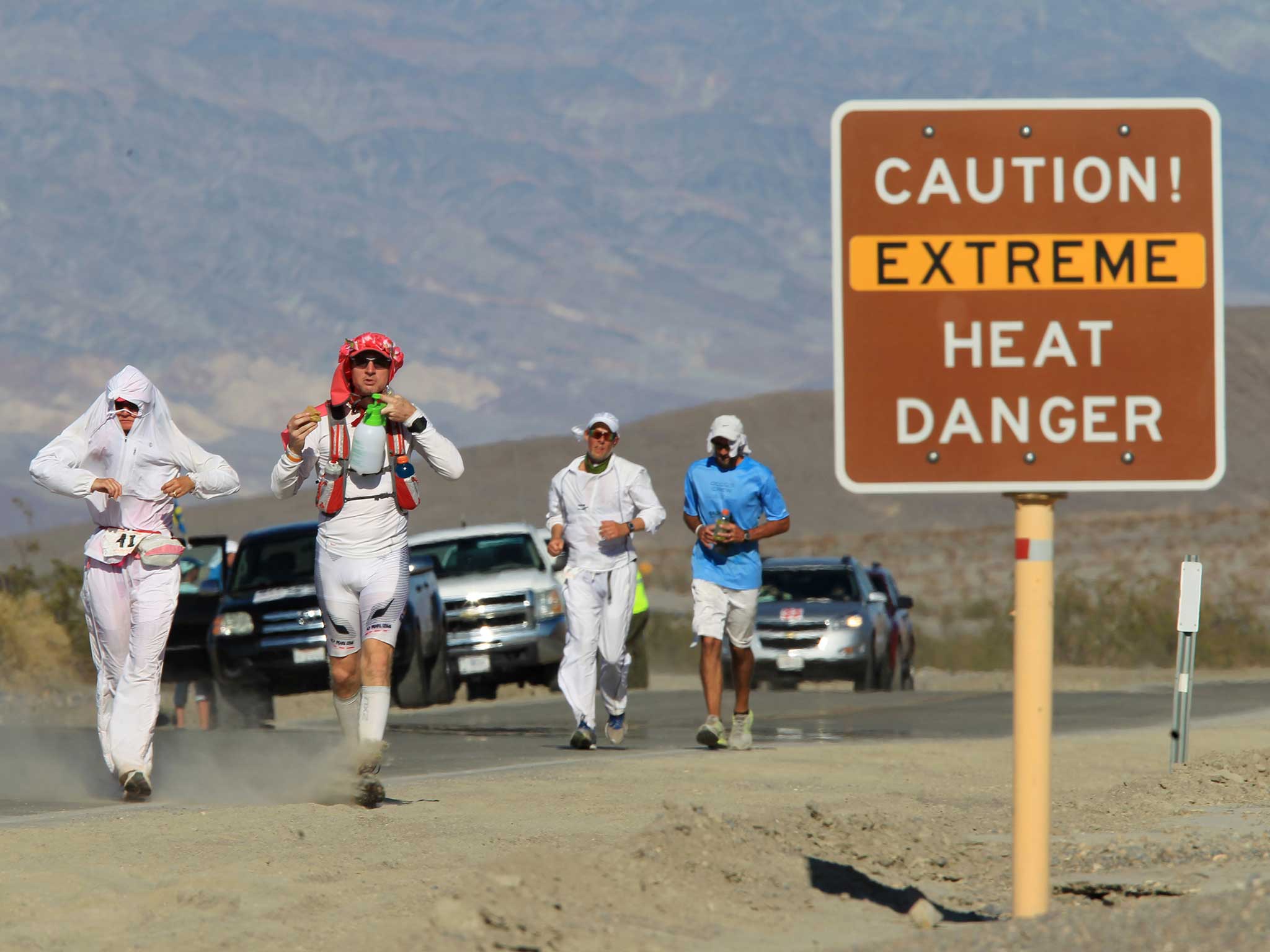Will 2020 be the hottest year on record?
As the year draws to a close, it’s looking ‘fairly likely’ that 2020 will be the hottest year on record, a climate scientist tells Daisy Dunne


For most, the year 2020 will be remembered as the year Covid-19 first caused devastation across the world.
But it could also shape up to be the hottest year on record, according to the latest climate data. Global average temperatures observed so far this year are currently closely tied with those seen during the same period in 2016, the current record holder.
“Both 2020 and 2016 have had very similar year-to-date temperatures,” Dr Zeke Hausfather, a climate scientist and director of climate and energy at the Breakthrough Institute in California, tells The Independent. “A little more or less warming in December could push us slightly above or slightly below.”
Several different research organisations across the world keep track of how global average temperatures are changing from year to year. In Europe, the UK’s Met Office Hadley Centre and EU’s Copernicus Climate Change Service monitor global temperatures. In the US, it falls to Nasa, the National Oceanic and Atmospheric Administration and Berkeley Earth.
The latest data from these centres suggests that “2020 is fairly likely to be the warmest year on record”, says Dr Hausfather. However, it is possible that some of these datasets will show that 2020 was the hottest year on record, whereas others will show it is either the joint-hottest or second-hottest after 2016, he adds.
“The difference between the groups is mostly to do with how they fill in the ‘gaps’ in the Arctic,” he says.
There are gaps in our knowledge of daily temperatures in some of the most remote parts of the Arctic Ocean as a result of there being no weather stations in these locations. The various research organisations account for these gaps in slightly different ways, leading to very small differences in their global temperature datasets, says Dr Hausfather.
It is likely that these research centres will announce their results for temperatures in 2020 in the first of half of January, he adds.
If 2020 is found to be the hottest year on record, it will reinforce the message that the world is continuing to warm, he says: “We would expect to have the warmest year on Earth every three to five years. So it’s not unexpected.
“But what is unusual is it’s despite the fact that 2020 is a modest La Niña year, we’re going to have temperatures as warm or warmer than the biggest El Niño on record, which is 2016.”
El Niño and La Niña are natural periodic weather events that are part of an irregular inter-annual cycle called the ENSO cycle. Global temperatures are typically hotter than average in El Niño years and cooler than average in La Niña years.
If 2020 is the hottest year on record, it will add evidence to scientists’ growing understanding that the long-term global warming trend is starting to overwhelm the influence of these natural period events.
“2020 is so warm that even though there is not an El Niño boosting global temperatures, we could beat out 2016.”
Analysis by the Met Office released last week found that 2021 is also likely to be one of the hottest years on record despite being a La Niña year. The researchers also noted that human-caused global warming is overwhelming the influence of El Niño and La Niña.
Prof Adam Scaife, head of long range prediction at the Met Office, said: “The global temperature for 2021 is unlikely to be a record year due to the influence of the current La Niña, but it will be far warmer than other past La Niña years such as 2011 and 2000 due to global warming.”
Monitoring year-to-year changes in temperature is important, but it is long-term changes in temperature that are most vital for climate scientists to understand, Dr Hausfather adds.
“Temperatures in recent years are pretty much exactly where our climate models thought they would be 30 years ago. It’s clear that climate warming is happening,” he says.
Join our commenting forum
Join thought-provoking conversations, follow other Independent readers and see their replies
Comments
Bookmark popover
Removed from bookmarks